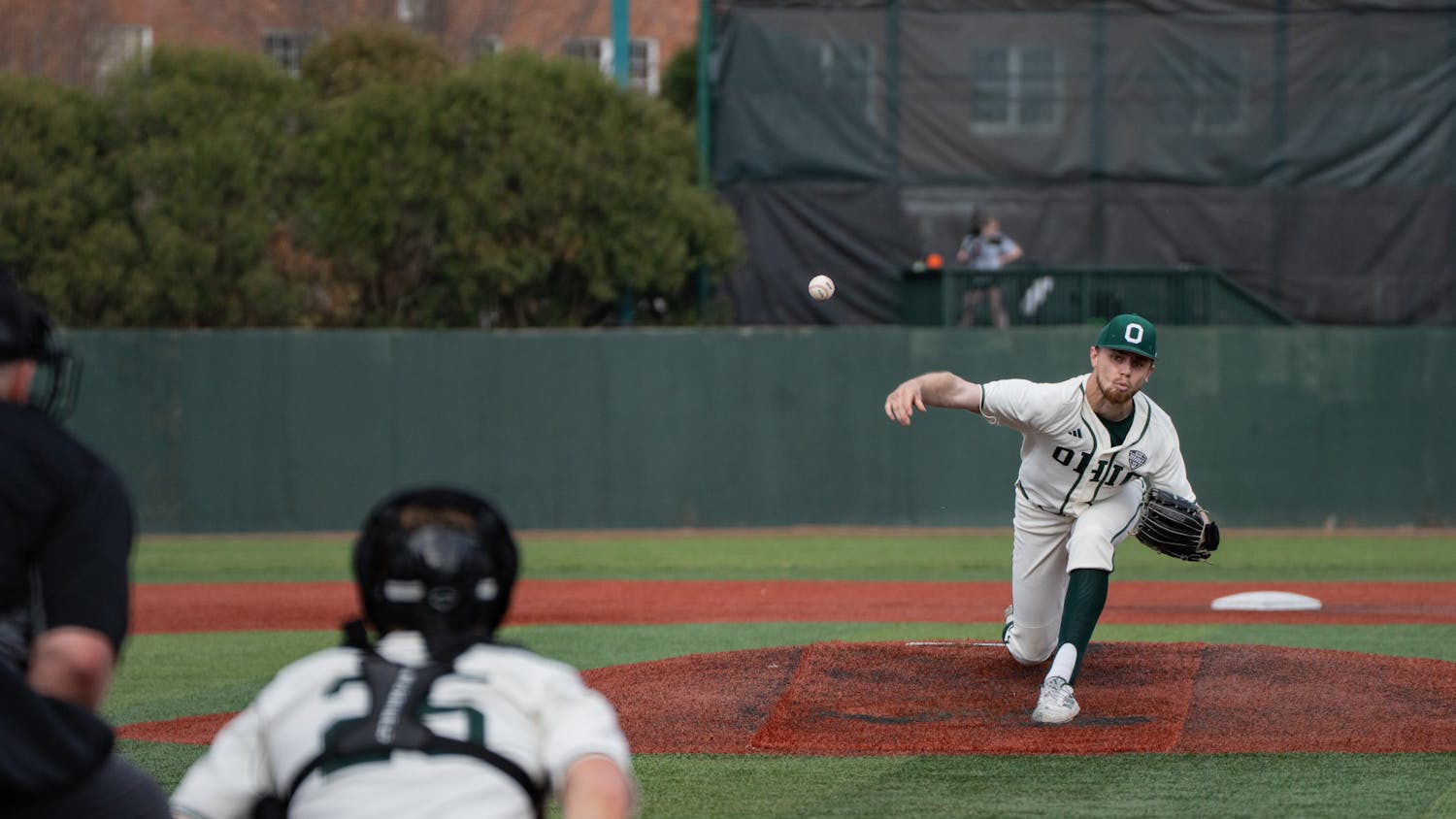Ohio University has tried to minimize the obstacles of online learning for neurodivergent students and students with disabilities by providing online accommodations, which some students have never utilized prior to the pandemic.
Even before the pandemic, Student Accessibility Services served as a way to aid students in their challenges with learning. Through Student Accessibility Services, students with learning obstacles are able to receive accommodations. While not all students take advantage of this service, it has helped others keep up with online school.
All accommodations are tailored to the individual, Christina Perez, director of Student Accessibility Services, said. The program can help students develop a support network, including counselors and tutors. There is also a peer coaching program, ASPeCT, open to eligible students on the autism spectrum.
“Our focus is really on providing equal access for students with disabilities,” Perez said in an email. “We have been able to more or less maintain the same services we would typically provide… Our protocols have not changed too much with COVID-19 other than transitioning in-person interactions to virtual appointments.”
Student Accessibility Services also assists students who want to be more involved in university activities. Specifically, the ASPeCT program gives students the resources to get engaged.
“Peer coaches assist students in identifying clubs, organizations, and activities they may be interested in,” Perez said in an email. “We have also held a virtual trivia night to help students connect with each other.”
While some neurodivergent students and students with disabilities have been able to adapt to the online environment, others have faced challenges. Many have struggled with managing their time and assignments, and others have struggled socially, Perez said.
Jilly Anderson, a senior studying war and peace studies and political science, has struggled during the pandemic with her online class meetings. Anderson has hearing loss in both ears and cannot hear many high pitched sounds, meaning she has trouble understanding speech.
“If we were speaking in a room, (I) may be able to hear you, but (I) cannot decipher anything you are saying, even if you’re screaming at me,” Anderson said in an email. “The online schooling has been difficult because usually (I) would give my professors a microphone and (I) would have a live transcriber in class with me … but now (I don’t) have a transcriber, which makes it harder.”
Anderson typically communicates directly to her professors to get assistance. Her biggest issue recently has been with online class content.
“I (personally) think it should be required or very strongly encouraged that professors either upload their lecture notes and slides to Blackboard for students to refer back to, or required to record their lectures,” Anderson said in an email. “That way if I needed to go back or double check if I heard something correctly or fill in any blanks I can do so and 1. Not hold up the class and 2. Not feel embarrassed and feel like I need to tell the entire class about my disability.”
Similar to Anderson, Sarah James, a senior studying visual communications who uses she/they pronouns, typically goes to their professors with accommodation requests. James has Obsessive Compulsive Disorder, or OCD, and Tourette Syndrome.
Tourette Syndrome is a type of tic disorder, according to Tourette Association of America. Tics are involuntary, repetitive movements and can also be vocalizations.
“I have a lot of trouble focusing because my motor and vocal tics break my focus constantly,” James said in an email. “I also find myself quite nervous to speak up in class calls due to my vocal tic. It can be quite disruptive and alarming. My vocal tic is a loud grunting tic, and this is a tic that I did not have before the pandemic struck. It developed due to a high amount of stress and anxiety last semester.”
Although James has never requested accommodations from Student Accessibility Services before, they are in the process of signing up now. James hopes to use the service to get more time on tests.
“Seemingly small tasks for others can be huge for me. Motivating myself to do those tasks is really hard,” James said in an email. “I have severe test anxiety. The more anxious I feel about something, the worse my tics get and the worse my focus becomes.”
As neurodivergent students and students with disabilities continue to adjust to the online learning environment, the Students Accessibility Services will continue to support the students.
“This is not just an issue about being a student with hearing loss, but also about the spectrum of a disability and not everyone on that spectrum being accommodated for,” Anderson said in an email. “I am just one part of that large spectrum of hearing disabilities and what it means to have a disability in general!”






